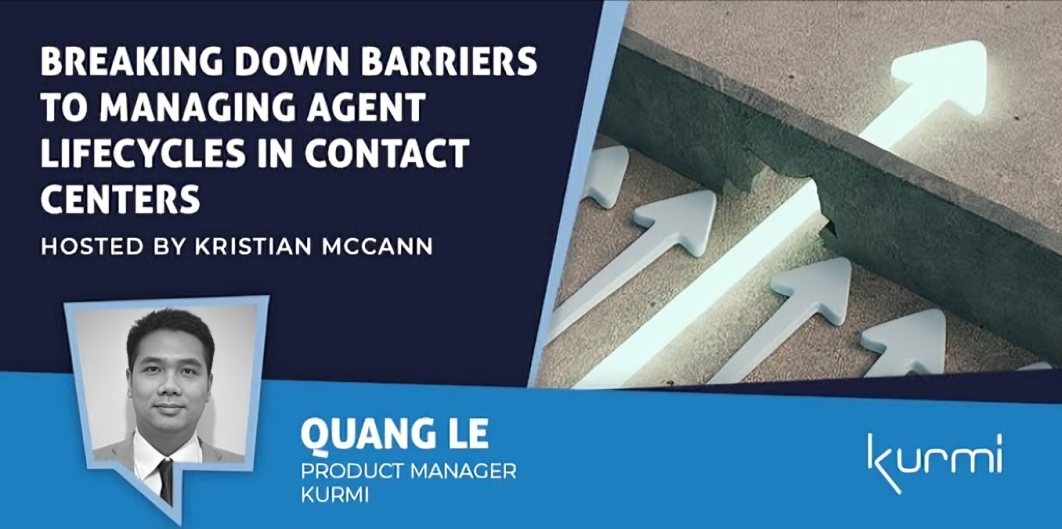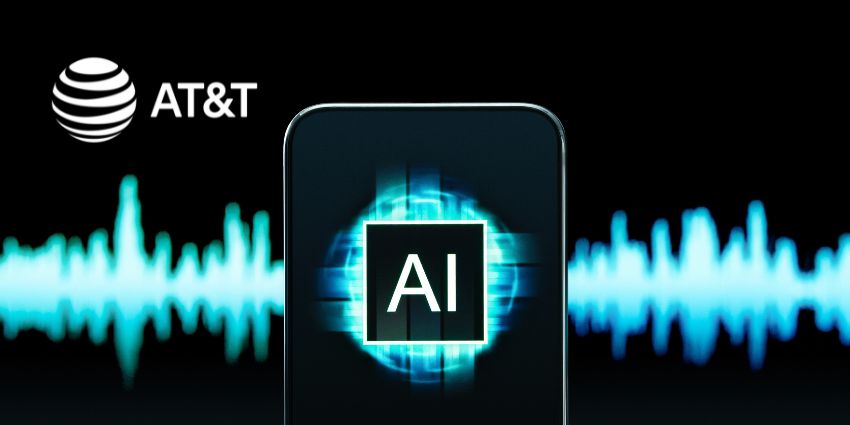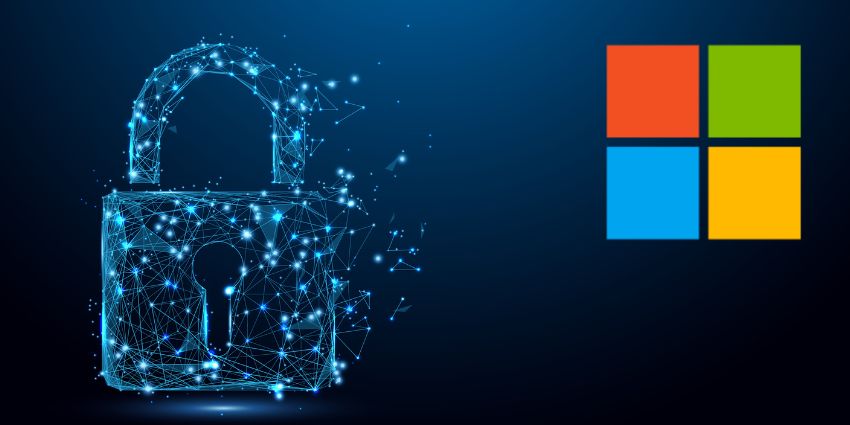Eamon McGann, Client Solutions Director at Core Technology Systems, has been talking to clients about the modern workplace for nearly 30 years. But Core’s ‘Inspiring a Modern Workplace’ event in London in December felt qualitatively different to its chair — in a very encouraging way:
“I’m used to presenting about new worlds of work, and I am used, to be blunt, to seeing a level of cynicism about what that means”
Now there’s a noticeable shift. “We’re used to working hard with customers to say, guys, this tech is here, you’ve got to use for the following reasons… but now, they’re saying, ‘we know the cool new tools are here. We know we have to use them. How do we use them?’”
A shift in mindset for a new decade
Organisations are increasingly making the shift in mindset to embracing cloud-based collaboration, and the education they need now is in how to implement it. Embracing what sustained adoption will look like, and wanting to know how to adopt the learning culture needed to change the ways they work.
The buy-in is there, at all levels, and it’s just coming from IT, as McGann explained, reflecting on a recent meeting with a new client: “We had almost all the key business leaders from this public sector organisation, the key managers and department owners — they really felt that now, email could be a thing of the past, that they could break away from Outlook, and create an environment for their staff where they could genuinely be more remote, more agile, more productive.”
As a Microsoft Gold managed service provider in direct contact with customers, Core is uniquely placed to identify and respond to this change in the marketplace, at a confluence of technology, need and cultural shifting.
The evolution of collaboration
When the earliest collaboration tools came in with the advent of Sharepoint and early videoconferencing, farsighted IT professionals grasped the potential, but the implementation was clunky and imperfect. Social layers such as Yammer tried to make the UX more cool and engaging for an increasingly digitally native workforce, but it wasn’t until the present third wave of deeply productive and effective total collaboration platforms that the C-Suite as a whole could truly get on-board with the possibilities inherent in the new world of work.
Business leaders face complex existential threats in 2020, and alongside the fears of getting hacked and the endless struggle for competitive differentiation, retention of skilled and experienced staff is a critical factor. As McGann continued, “there’s a scary stat that something like 80% of millennials will only work in an environment that uses the right technology as part of their working culture, it’s an essential part of their reason for joining a company. And 40% will leave a company if the collaborative processes are not up to date.”
Interestingly, the improvement in the tools themselves, as McGann acknowledges, have been incremental — evolutionary rather than revolutionary. So, the paradigm shift at this point is in the sense of readiness, the understanding on the user side, which makes the ‘modern workplace’ an idea whose time has come. A culture shift towards sustained adoption and continual improvement as an organisational value, and a determination to attract and nurture the best talent available through a forward-looking approach to enabling innovation.
It’s an encouraging start to the 2020s, and Core are continuing to accelerate the shift with their upcoming ‘Fall in Love with Teams’ event in London 28th February. As the next step in the evolution of collaboration, Teams is the one stop shop for productivity and collaboration – so take a look at work through the ‘single pane of glass’ with Core this month.








